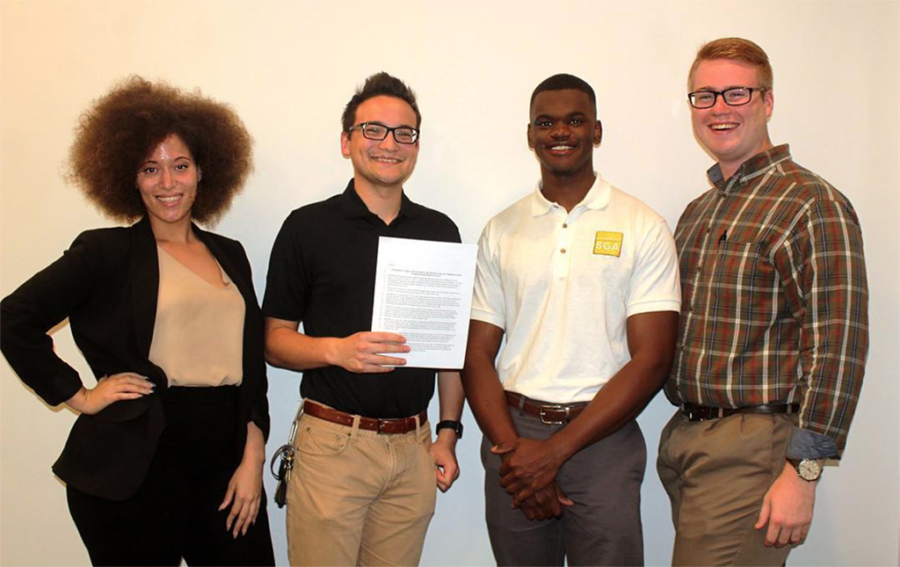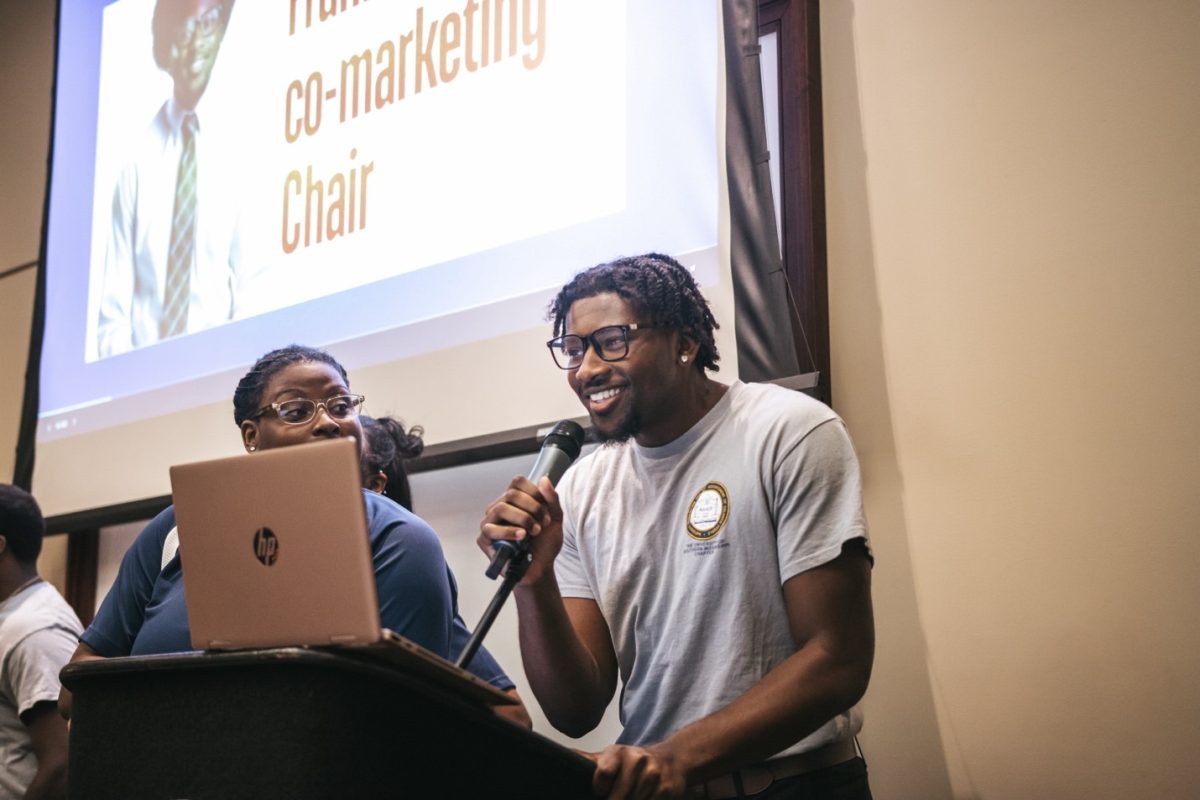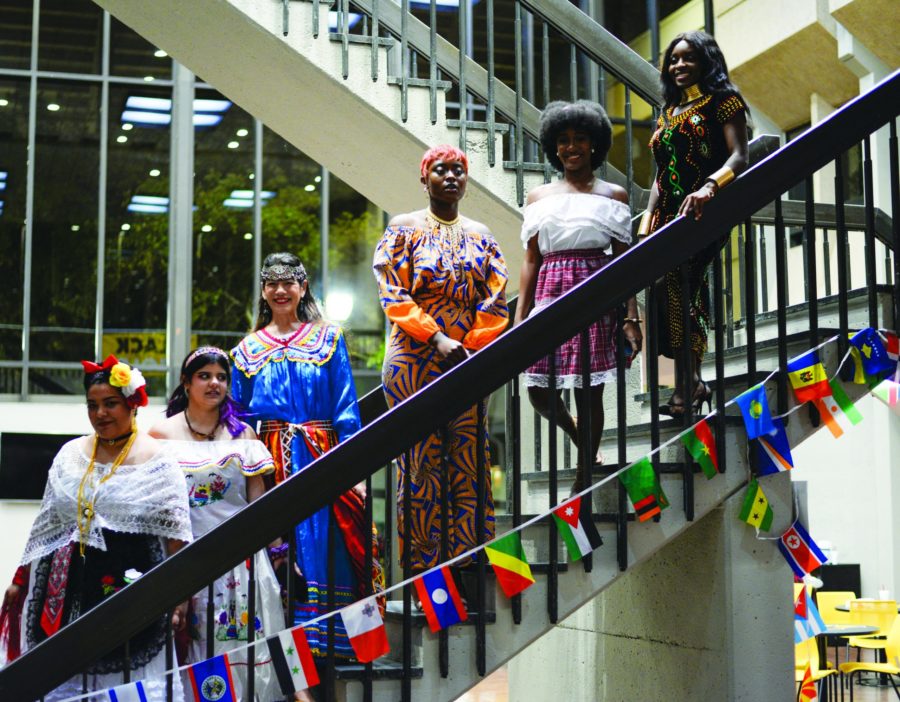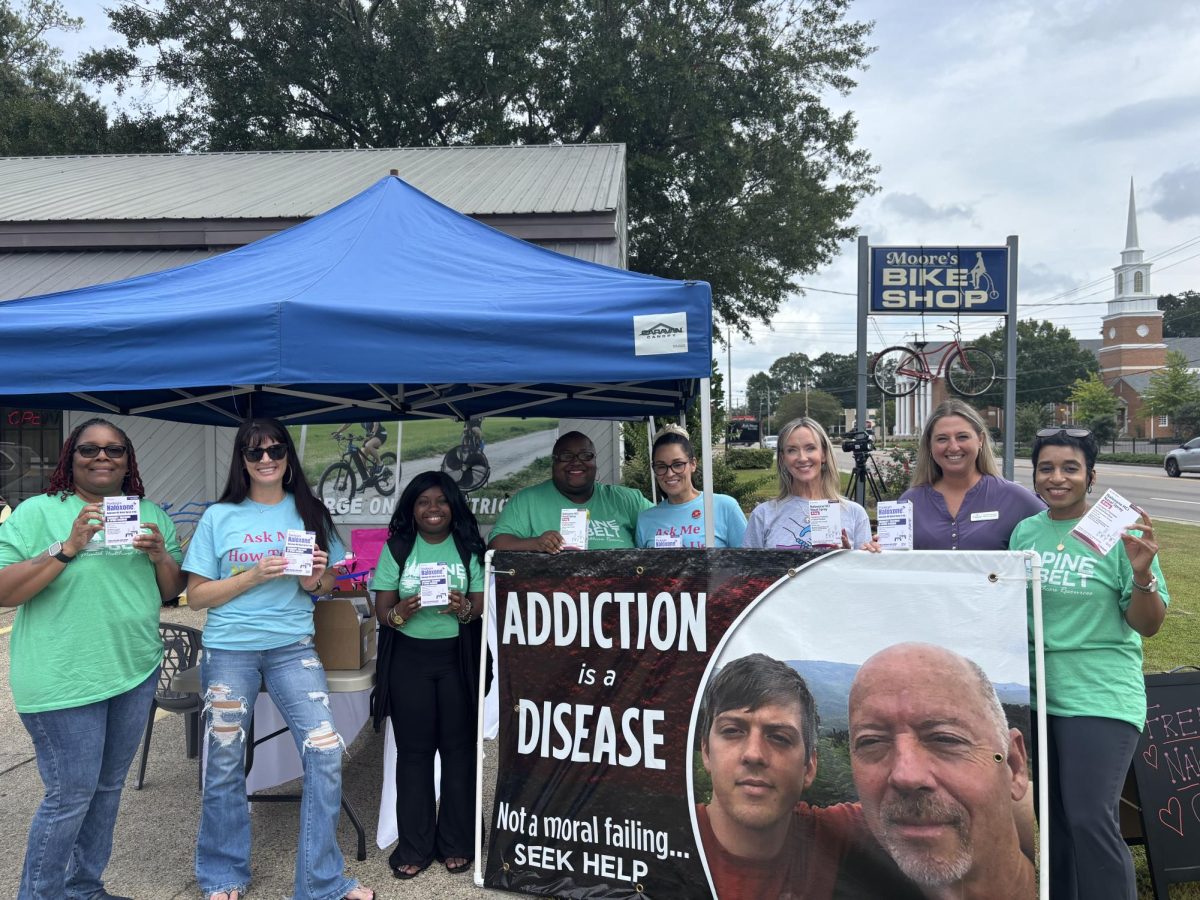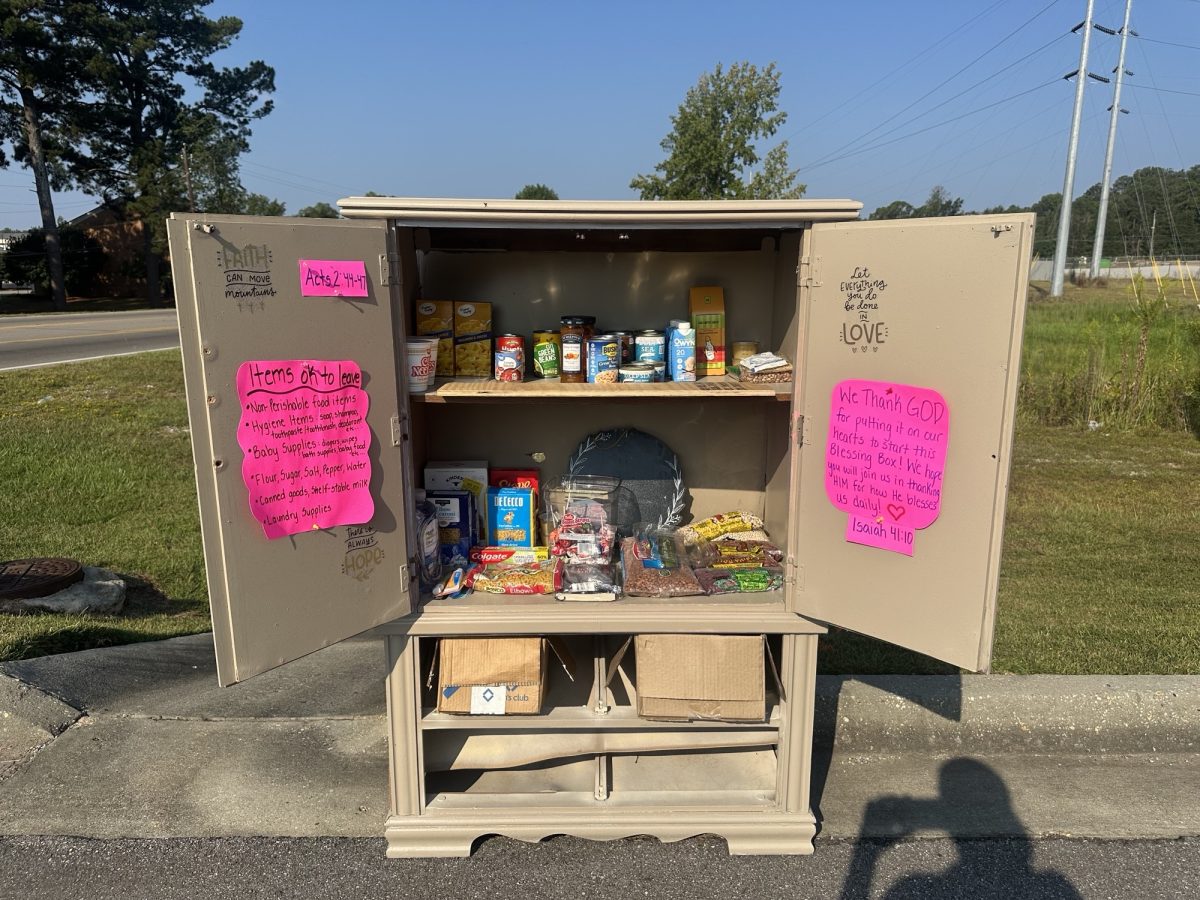Hazel Tepec is easily lost among the early evening rush at Starbucks. An 18-year-old freshman of average height and stature, he is no towering presence. The media production major smiles as he pulls open the door, nervous but hopeful, the quintessential “dreamer” – and he does dream, of a world where tales like his are shared.
“I always hear people say that movies tell a story,” Tepec said, explaining his interest in films. “A lot of people don’t tell my story.”
Tepec was born in Mexico but arrived in the U.S in 2004. He doesn’t remember life in Mexico. One of many dreamers at USM, he grew up in Hattiesburg and has called it “home” his entire life.
However, President Donald Trump’s cancellation of the Deferred Action for Childhood Arrivals program, or DACA, has cast doubt on the sanctity of that word, and Tepec is now one of nearly 700,000 immigrants who fear they may be deported as the Trump administration phases out the DACA program.
Former President Barrack Obama expanded DACA in 2012 to include young undocumented immigrants and help them contribute to society in legal ways. These young adults were brought into the country as children by their parents but have made the best of their situations since.
USM graduate student Aldo Martinez said Obama’s move saved him.
“I wanted to start working legally and try to contribute to this country,” Martinez said. “It was an opportunity to go back to school, finish my undergrad, and start working at a full-time job.”
Martinez’s parents didn’t even expect him to graduate high school, let alone pursue a graduate degree. When they returned to Mexico, Martinez stayed behind.
”It would have been easier for me to just follow them,” he said. “But I felt like I wanted to stay. I didn’t know anywhere else to make a life. I decided not to take the opportunity I had for granted.”
For Tepec, an avid reader, the goal had always been obtaining as much knowledge as possible. An outsider, he grew up finding comfort in knowledge and “found a home [amongst] books,” which made him elated to be able to attend college. Now, he fears losing it all.
“Everything that I’ve learned, everything that I know can be taken away from me in a second,” Tepec said. “It’s just scary.”
Former Southern Miss student Dany Vargas, who was arrested earlier this year, knows that feeling all too well.
Vargas was granted deportation reprieve under the DACA program. However, her family was detained.
Several news outlets described the scene: Vargas was asleep when the agents arrived. Her father was apprehended in the driveway. Her brother was also detained. Vargas hid in a closet, sobbed and called her mother. ICE agents eventually forced their way in with a warrant and with guns raised to search the house. Vargas was handcuffed but later released. Her father and brother were sent to a detention center in Louisiana.
When Vargas spoke to the media in protest of her family’s detention, federal immigration authorities arrested her, claiming she no longer had DACA status.
Vargas lives and goes to school in Washington D.C. now, and in spite of everything, she still believes America is better than the nightmarish homeland her parents escaped 15 years ago. The things she remembers about Argentina are chilling.
“I remember days that were so cold, my mom would iron [our beds] so we wouldn’t go to bed so cold,” she said. “She would boil hot water for [us] in the morning so we could brush our teeth with warm water. My mom kept getting assaulted. [My dad] was held at gunpoint, and they took his 18-wheeler. He felt we wouldn’t survive. He wanted a brighter future [for us].”
In America, however, things were not always bright – both Tepec and Vargas faced instances of racism that they recall easily.
Vargas entered the first grade upon arrival and constantly weathered insults from one of her teachers.
“I felt so out of place,” Vargas said. “I was so lost and I hated it. I didn’t know how to do the schoolwork. We were learning how to read – how the hell was I supposed to read in English if I didn’t even speak the language?”
Vargas said that the teacher would ask her numerous times a day why she was up without permission.
“It was engraved in my head even though I didn’t know what it meant,” Vargas said.
Vargas was also bullied by her classmates, who would tell her to “go back to Mexico” and accused her of eating dogs.
Tepec faced racism too, but he tried his best to ignore it.
“If you give them the satisfaction that they somehow made you angrier or sad, it’s just going to add more [fuel] to the fire,” he said. “So I don’t let it bother me.”
When she lost her accent in 8th grade, Vargas said she finally “felt normal.”
“I felt American,” Vargas said. “I felt I belonged here. I felt I [had] struggled enough to deserve to feel like just another classmate rather than ‘Mexican.’”
The more struggles Vargas faced throughout her life, the more she understood what it means to be a “dreamer.”
“Dreamers are what the word itself says,” Vargas said. “We are dreaming of opportunities that we would not have elsewhere – but we aren’t [just] dreaming; we’re rising up to the challenge to achieve the goals that our immigrant parents set out for us when we were brought here at such a young age.”

























